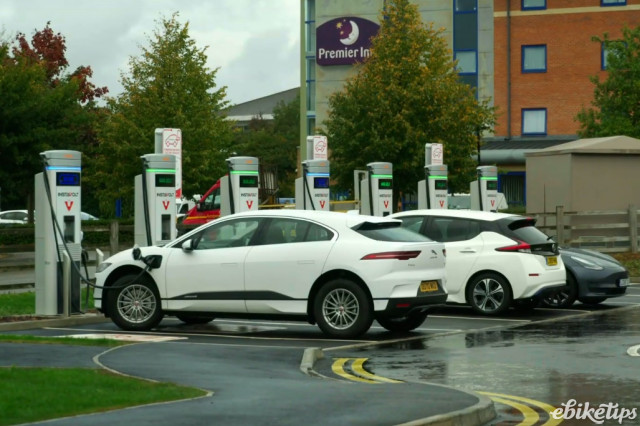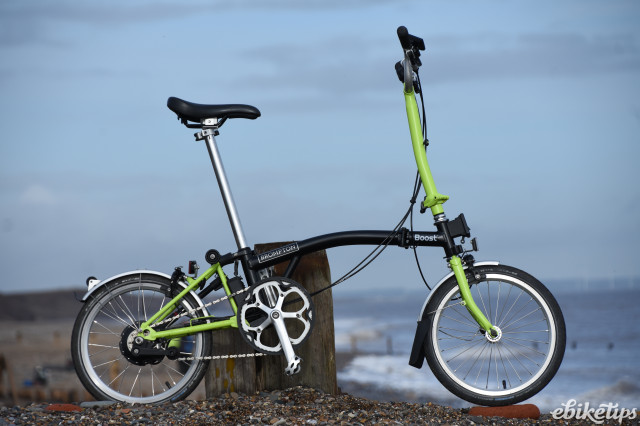At least 280,000 public charge points for electric vehicles (EVs) will be needed by 2030, according to Britain’s competition regulator – more than ten times the current number of around 25,000. The Competition and Markets Authority (CMA) says that a charging network that is perceived as inadequate will prove a major barrier to EV take-up ahead of the ban on the sale of new petrol and diesel cars.
The CMA describes access to charge points as a ‘postcode lottery,’ citing as an example the fact that the number of public charge points per head in Yorkshire and the Humber is a quarter of that in London.
While some elements of EV charging infrastructure are said to be developing relatively well – such as charging at shopping centres, workplaces and people’s homes (garages and driveways) – the choice and availability of charge points at motorway service stations is highlighted as being a particular problem, as is the roll-out of on-street charging by Local Authorities.
Regarding the former, the CMA said it was specifically looking into 10 to 15 year arrangements between Electric Highway and MOTO, Roadchef and Extra.
> £300m investment in Britain’s charging network as range anxiety continues to hold consumers back
The CMA highlights charger reliability and difficulties comparing prices as other issues that need to be tackled and also suggests that rural areas risk being left behind due to a lack of investment.
“Electric vehicles play a critical role in meeting Net Zero but the challenges with creating an entirely new charging network should not be underestimated,” commented chief executive Andrea Coscelli.
“Some areas of the roll-out are going well and the UK’s network is growing – but it’s clear that other parts, like charging at motorway service stations and on-street, have much bigger hurdles to overcome.”
Among other things, the CMA is recommending that the Government add conditions to its £950m Rapid Charging Fund to ensure drivers have a choice of charging provider at service stations and that it also provide support so local authorities can increase the roll-out of on-street charging.
Another recommendation is that a public body be tasked with monitoring the sector to ensure charging becomes as simple as filling up at a petrol station.
“Our recommendations will promote strong competition, encourage more investment, and build people’s trust, both now and in the future,” said Coscelli.
“The CMA has also opened a competition law investigation into EV charging along motorways and will continue to work with government and the industry to help ensure electric vehicle charging is a success.”






